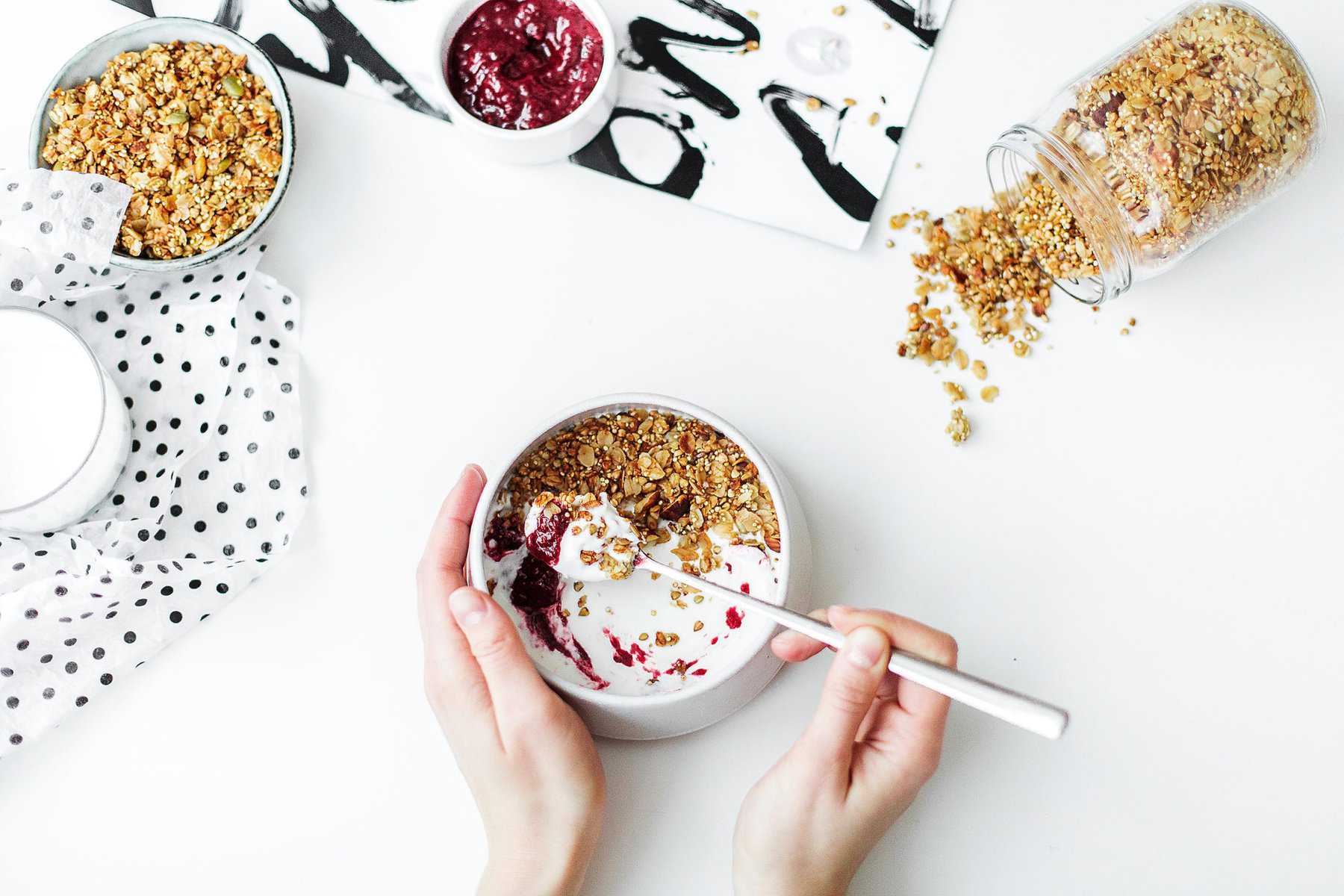
As scientists and researchers continue to investigate how the bacteria in our gut effect our health, the evidence is growing on how we might be able to choose certain bacteria to help with certain symptoms and improving your gut health.
For a nerdy dietitian like myself, this is a very exciting time.
As exciting as this prospect is, the media tends to over generalise the findings from research and health science, specifically nutrition. This often leads to unclear or conflicting recommendations and leaves people feeling confused, overwhelmed or vulnerable to exploitation by businesses looking to make money.
We can see this pattern emerge with fad diets and products over and over again. Paleo diet, intermittent fasting, ketogenic diets. These fads start from scientific research which show some potential benefits for our health. The message starts as:
- ‘eating more whole foods and limiting processed sugars is likely to reduce the risk of chronic disease’
- ‘calorie restriction has some metabolic effects on our longevity’
- ‘carbohydrate and protein restriction may be helpful for some clinical conditions’.
Then, the mainstream media and the food and supplement industry take those messages and extrapolate them. If some is good, more must be better. If it works for some people, it will work for everyone… and here’s a product you can buy to achieve it.
The same pattern has been happening with pre and probiotics. You can find an INCREDIBLE number of products that now spruke their pre and probiotic benefits. Powders, nut milks, cereals, bliss balls and even ice-cream. Not to mention the shelves full of probiotic tablets.
So if you want to avoid the trap of good advertising and utilise a probiotic that will genuinely support your health, how do you know what to look for?
Survival of the Fittest
A probiotic is generally live bacteria. And for a probiotic to have health benefits, it needs to be living, eating and chilling in your large intestine, which is at the very end of the gastrointestinal tract. So, a probiotic product needs to survive the highly acidic environment of your stomach and avoid getting destroyed in the small intestine before it can make it to your large intestine.
For this reason, many of the food products that contain probiotics and live cultures, aren’t effective in changing your symptoms. They can’t survive your stomach and don’t make it to where we need them most.
There is evidence to suggest that bacteria in yoghurts and dairy products are more likely to survive because the milk helps to lower the acidity of the stomach and these may be better options for effective probiotic products.
Dose Dependence
Another factor that will impact the effectiveness of a probiotic product is how much actual bacteria is in it. In most research cases, the doses required to have a clinical effect are in the 100’s of millions or billions of Colony Forming Units (CFU) of bacteria.
Most commercial yoghurts don’t tell us how much bacteria we’re getting, so it’s difficult to say whether these products will reach a level of clinical benefit.
It’s all in the Strain
The third and most important aspect to consider when choosing a probiotic is the strain of bacteria. While many of us recognise that there are many varieties of bacteria and lots of different names listed on our probiotic foods and supplements, most of the time we don’t really know what they are and what they do. But the differences between individual bacteria species and strains has a huge impact on whether the bacteria will survive in our gut and whether it will impact our health and wellbeing.
One way of thinking about the various strains of bacteria is to imagine them as different breeds of dog. While all dogs are the same species and can technically mate with one another to create cross breeds, some breeds of dog are more suited to certain jobs. A Blue Healer, for instance, is bred to be outdoors all day, rounding up cattle and running for kilometers at a time. Whereas a Cavalier King Charles Spaniel is bred for companionship and is quite happy to sit on your lap all day.
You would have a hard time getting a Blue Healer to be calm and relaxed all day. Whereas, rounding up cattle would be a nightmare with a Cavalier.
The same is true for the different strains of bacteria. Bifidobacterium lactis is a common species of bacteria but there are many different strains of Bifidobacterium lactis including:
- Bifidobacterium lactis Bi-07
This strain may help with antibiotics, diarrhoea prevention and gastroenteritis caused by clostridium difficile.
- Bifidobacterium lactis Bb12
This strain may help with constipation and prevention of viral gastroenteritis.
- Bifidobacterium lactis GPS 1209
This strain has no known health impacts based on current research.
Even though these are all Bifidobacterium lactis, they have very different impact on our health .
So how do I pick?
Now that I have given you all of this info to consider about the probiotics on the shelf, you may be thinking ‘Thanks for confusing me Clare. Now what do I do with all this information?’
Firstly, I would recommend a healthy level of skepticism when you see the word PROBIOTIC on new foods and products. While they may contain live bacteria, that doesn’t mean they’ll have a significant impact on your health.
Secondly, think about what you are wanting to take a probiotic for. If it’s for general health and wellbeing, you may not need a specific strain or dose of bacteria, in which case probiotic yoghurts and broad-spectrum probiotic supplements may be suitable. Have a look on the label and choose products that specify the strain and quantity of bacteria so that you know what you’re taking and can check with a health professional if you’re unsure.
If you are hoping to take a probiotic to manage particular symptoms, like diarrhoea, IBS or constipation, it’s worthwhile investigating the strains and volumes of bacteria which have evidence to support their effectiveness. Otherwise you may just be creating expensive poo.
This is where the team at The Healthy Eating Clinic can help. We can help you review the probiotics you’re taking or make swaps to options that are evidenced based. We are independent from the supplement and food industries and want to help you feel better in the most effective way.
For expert advice on maximising gut health, book a consultation with Clare Wolski, APD.



